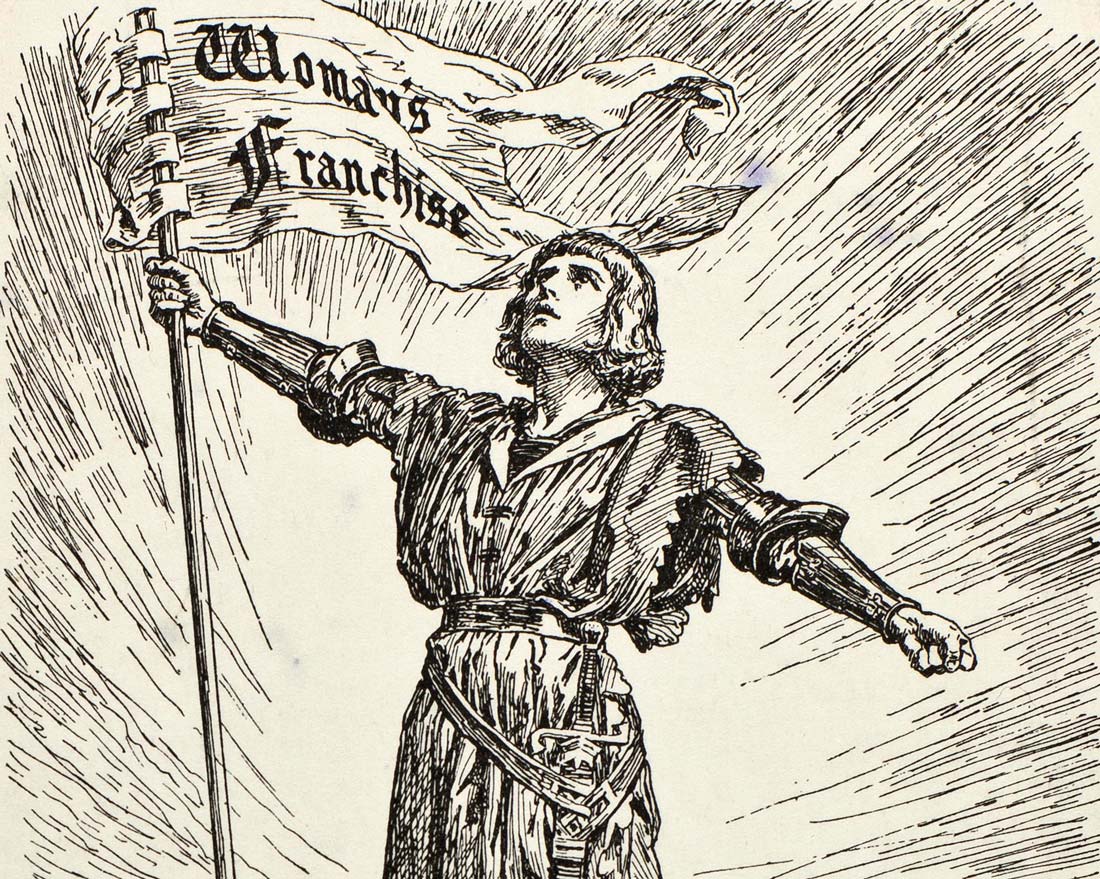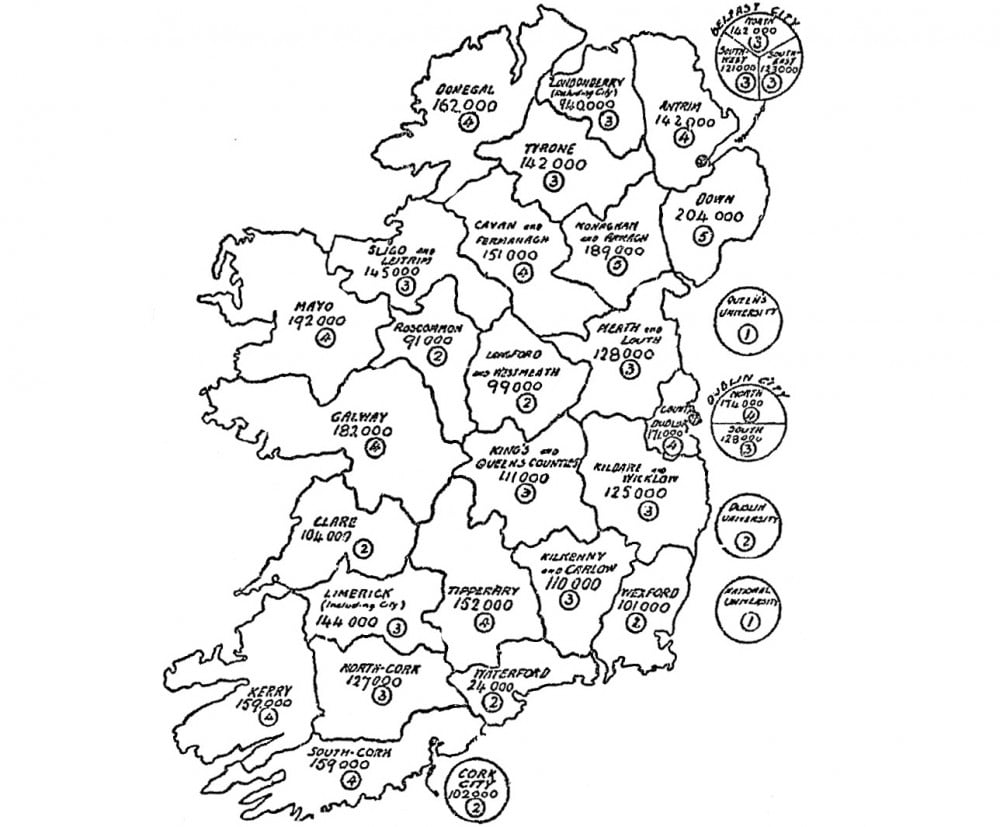Parliament says yes to women voters, but no to proportional representation
London, 7 February 1918 - The Representation of the People Bill yesterday received Royal Assent.
It is one of the most revolutionary pieces of legislative reform to have ever passed through parliament. It will add approximately eight million to the electorate of the United Kingdom, including six million women.
The passage of the Bill follows fierce debates in both houses of the Westminster parliament, most notably on the issue of women’s suffrage. The Bill extends the franchise to women over the age of 30 years if they are, or are married to, members of the Local Government Register or property owners.
This legislation represents a milestone in a decades-long campaign waged by suffrage activists. However there is still not parity with men, as the new Bill also extends the franchise to practically all men over the age of 21.
Proportional representation
Another aspect of the Bill that was the source of considerable
discussion was that of proportional representation (PR). A House
of Lords amendment in favour of the introduction of a system of
PR, was defeated by 223 votes to 113 in the House of Commons.
How the proposed proportional representation system would have impacted Ireland. The circled number represents the number of seats and the other number represents population in each constituency. Click image to enlarge (Image: Irish Independent, 1 Feb 1918)
The defeated proposal would have seen the application of a single transferable vote electoral system to allow for the return of 105 members from multi-seat constituencies.
[Editor's note: This is an article from Century Ireland, a fortnightly online newspaper, written from the perspective of a journalist 100 years ago, based on news reports of the time.]






















